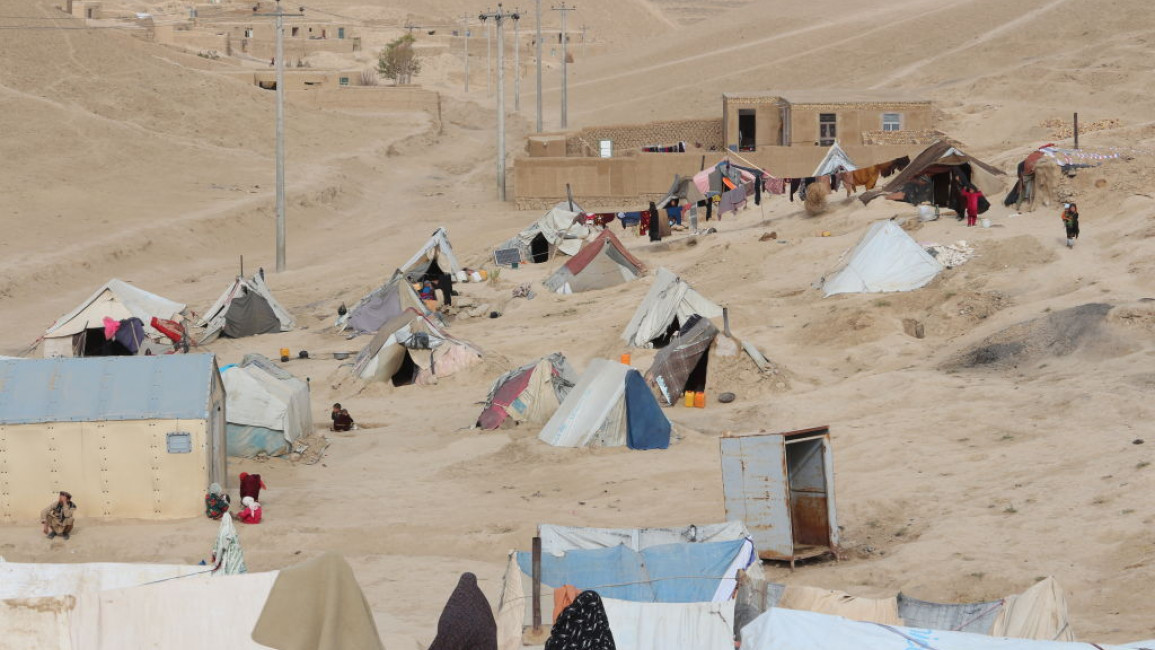'West will be blamed if hell arrives in Afghanistan': IRC chief Miliband
Former UK foreign secretary David Miliband offered a stark warning to Western states over the future of Afghanistan on Wednesday, warning that they will be to blame if conditions deteriorate further.
Miliband, now CEO of the International Rescue Committee, painted a bleak picture of catastrophic suffering and deprivation in Afghanistan, quoting a UN estimate that nine million people are “at famines door”.
“If hell really does arrive in Afghanistan in the next few months, it’s gonna be the West that gets the blame,” Miliband told the BBC's 'Today' programme.
The former MP said it “takes the breath away” that the country has been left to collapse and its people abandoned after Western countries withdrew their troops from the country, trigging a sequence of events that led to the Taliban seizing power in August 2021.
“There’s just no money in people’s pockets... there’s no money in the banks... inflation is rising, and the country is... going to hell, and the people are going to hell,” Miliband said.
Miliband's comments came one day after the head of the UN World Food Programme David Beasley said the situation in Afghanistan “was as bad as you can possibly imagine”.
“It is going to be hell on earth,” Beasley said.
Miliband described a“triple shock” crippling the Afghan economy caused by the suspension of international aid, freezing of assets and uncertainty surrounding sanctions.
He called on world leaders to provide humanitarian relief as well as prioritise funding for public sector workers and basic services.
However, he later said there was no international solidarity or energy to support Afghanistan.
“There isn’t any international energy to distribute Covid vaccines for goodness sake,” he added.
About 95 percent of people do not have enough food in Afghanistan, and 23 million people are marching towards starvation, according to the World Food Programme.
The landlocked Asian country was already facing a major humanitarian crisis before the Taliban took control in a lightning offensive over the summer that ended in the fall of Kabul on 15 August. Nearly half the population was living below the national poverty line.
Following the Taliban takeover, Afghanistan’s foreign assets have been frozen and there has been a meltdown of its financial and public sectors, prompting a mass exodus into neighbouring countries.
International donors who suspended aid now face the predicament of attempting to alleviate suffering without legitimising the Taliban's self-appointed government and emboldening corruption and inequality.



